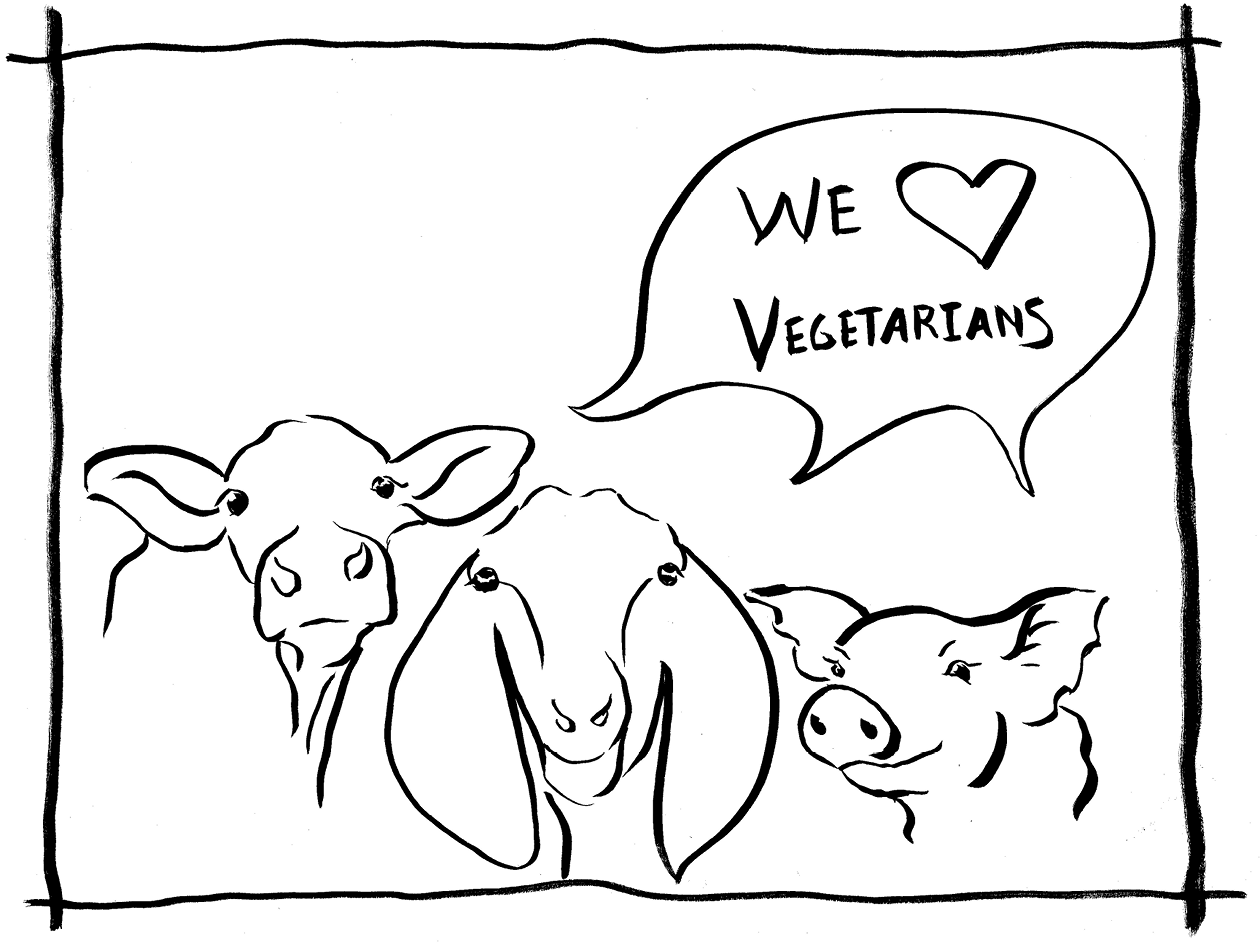Introduction

Don’t you know yet?
It is your light that lights the world.
Jalal ad-Din Rumi
Understanding that we are capable of shaping our own lives – our personal responses to the beauty, complexity, bewilderment, and cruelty of the world we inhabit – leads us to inevitable questions: What really matters? What kind of person do we choose to be? How can we nurture a tranquil mind and a courageous heart? How can we be happy and help others be happy, too? Maybe we’ve had moments when we’ve looked around our lives and asked that old question, “Is this all there is?” We want fulfilment and joy; we want both to have a good life and to be a good person. We know inherently that those things are connected, the results of focused, conscious choices.
Shaping our lives requires conscious decisions.
What are those choices, and how do we make them? What direction leads to the joy, compassion, peace of mind, and wisdom we want to cultivate? How do we create a way of being within the invisible walls that surround us – walls made of expectations from family, friends, and society? All of us want to answer these questions for ourselves and, consciously or unconsciously, we do answer them through our actions. The actions we take – or fail to take – reflect our beliefs. Shaping the life we desire requires us to be mindful of the connections between believing and doing rather than letting our lives spin by without purpose or focus. As we consider our choices and give attention to their results, we become more aware of how those choices and results are inextricably woven together. Shaping our lives requires conscious decisions.
We want to do more than simply slide from event to event, jostling through jobs and people, stumbling across sorrows, catching what happiness we can.
We’re looking for something more, something deeper, something that soothes a longing we feel tugging at our spirit. We’ve often ignored this persistent hunger or pretended it wasn’t important, but doing so hasn’t made it go away or feel less significant. We hope there’s more to life – more beauty, more love, more tranquillity, joy, and meaning – than the daily routine we see all around us, but what? And where is it? Where do we go to get more of what we cannot buy or touch or taste or smell?
Wise teachers in every culture throughout time have taught that the answers to life’s most important questions come from inside ourselves, from within the stillness of each individual. Inside each of us lies the key to understanding ourselves and crafting a life that reflects that understanding. Our thoughts manifest in our actions, and those actions develop our habits and character. A well-known saying goes: “Sow a thought and you reap an action; sow an act and you reap a habit; sow a habit and you reap a character; sow a character and you reap a destiny.”1 Thoughts and the actions that flow from them create our lives. We have joy, courage, and compassion because we turn our attention to these qualities and work to nurture them. Just as we cannot plant chillies and expect the seeds to grow into cucumbers, we cannot cause pain to other beings and expect that pain to return to us as pleasure. All we do comes back to us.
When we consider this statement in relation to food, the basis of a vegetarian diet becomes clear. While every creature must eat to live – whether that means eating plants or other animals – humans can choose to do the least harm possible and consume a plant-based diet, perhaps including dairy products. Even a small child understands that, while picking a flower from the neighbour’s carefully tended garden may be naughty, harming the neighbour’s cat is a much worse offence. Harming the neighbour herself is worse yet. In the same manner, while consuming fruits, vegetables, and grains is taking a form of life, plants are less conscious than sea, air, or land creatures. We can keep our killing on the lowest possible level of consciousness, preventing immense suffering and creating a deep sense of connection and harmony. As we reduce suffering and nurture connections, we are also affecting ourselves – our health and happiness – and Planet Earth in positive ways.
Being vegetarian can help satisfy our hunger to lead a more fulfilling, peaceful life. Unlike other creatures, we have the ability to choose what we eat. When we observe the world around us, we note that of all living beings, humans are the only ones able to make conscious choices. All other animals – from lizards to lions, from rabbits to rhinos – have instinctual natures they must obey. Only in the human form can we say, “I want to do better” and change our course. We are able to consider alternatives and use reason to set objectives.
So we can decide to stop killing animals for food. What a privilege and responsibility this is! The hungry jackal cannot choose to forego eating gazelles or rabbits in favour of more fruit; the giraffe cannot turn from eating the leaves of mimosa trees to chasing tigers. We humans can change our attitudes and behaviours in ways that are unthinkable among the animal kingdom. We can decide that we will no longer make a graveyard of our bodies, that eating animals is neither justifiable nor necessary, and become vegetarians. This small book will explore how and why we do so, as well as the benefits and challenges that decision creates.
 Questions and choices
Questions and choices